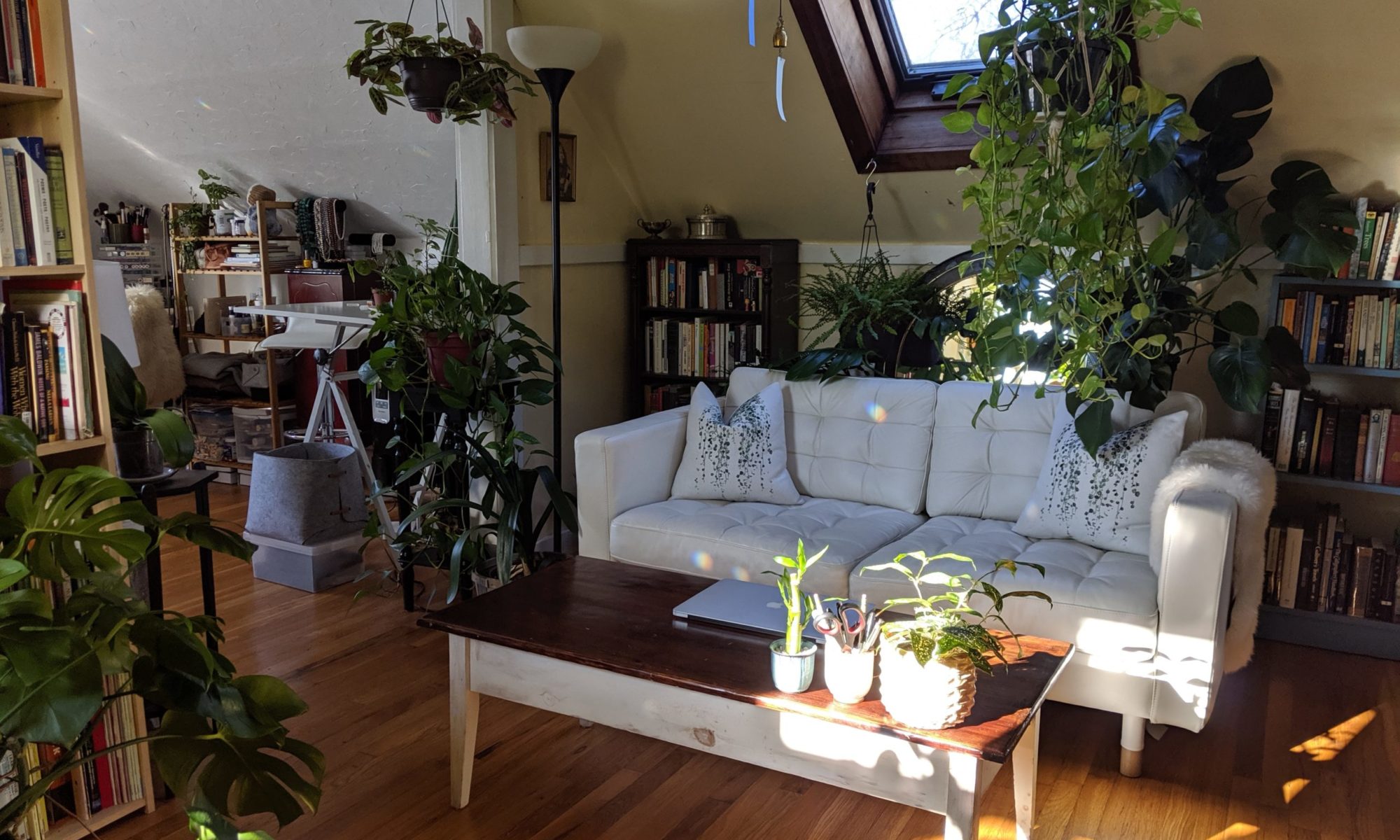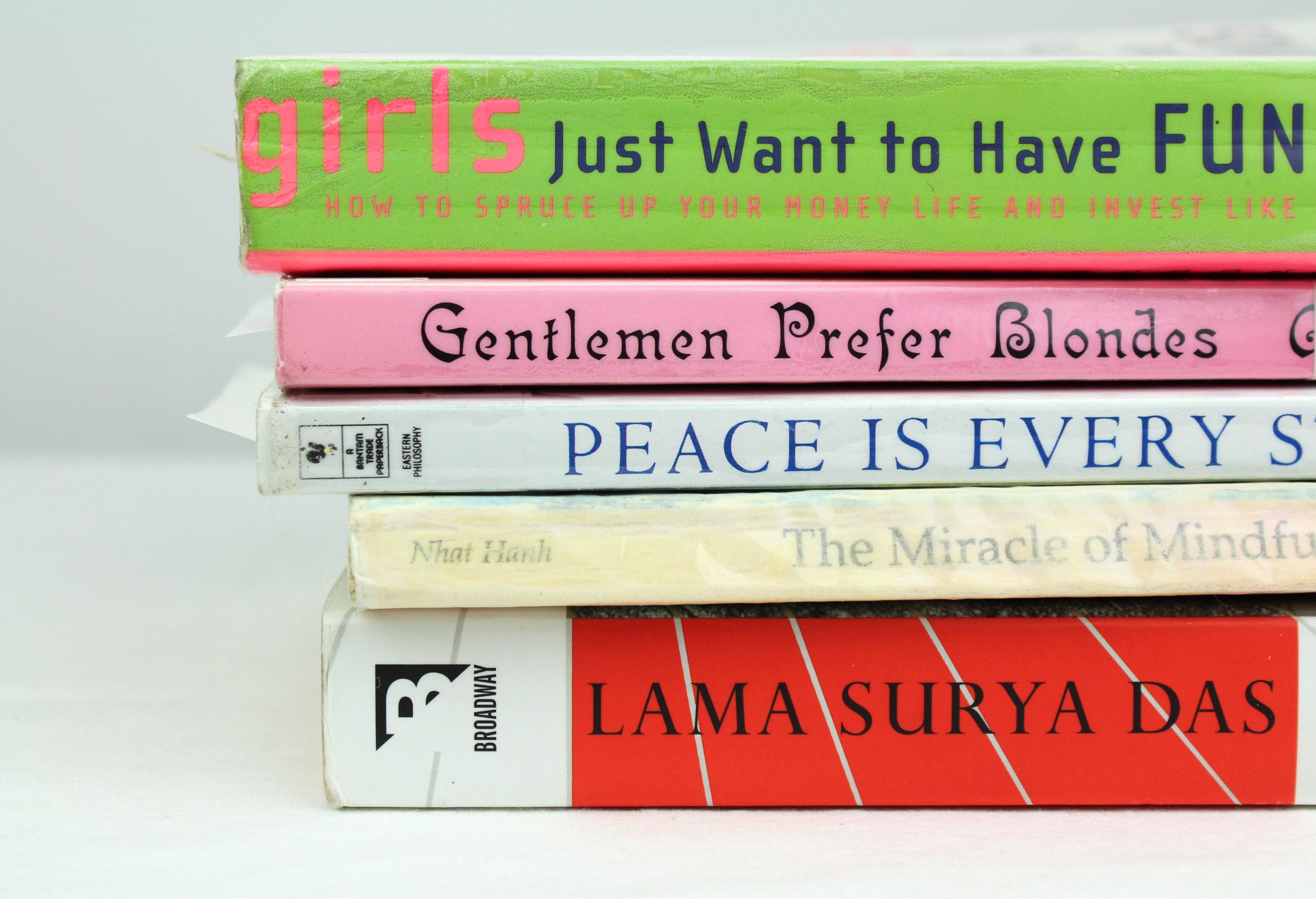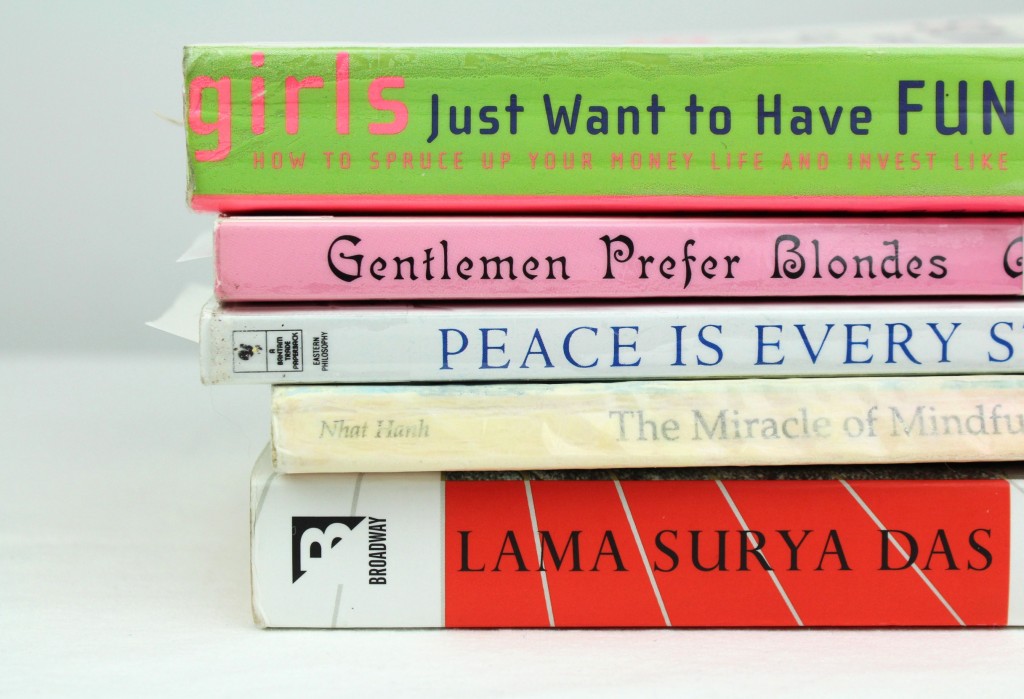Girls Just Want to Have Funds, Susannah Blake Goodman — One really ought to know about money. I’ve been wanting to be more intelligent and strategic about my handling of money for a while. This is just the kind of book I wanted, clear and introductory.
Gentlemen Prefer Blondes, Anita Loos — Edith Wharton called it the great american novel, the diary of a 1920’s gold-digger who serves as the ideal unwitting narrator, revealing so much more than she relates and entertaining us along the way.
“A gentleman friend and I were dining at the Ritz last evening and he said that if I took a pencil and a paper and put down all of my thoughts it would make a book. This almost made me smile as what it would really make would be a whole row of encyclopediacs. I mean I seem to be thinking practically all of the time.”
“I seem to be quite depressed this morning as I always am when there is nothing to put my mind to. Because I decided not to read the book by Mr. Cellini. I mean it was quite amuseing in spots because it was really quite riskay but the spots were not so close together and I never seem to like to always be hunting clear thorugh a book for the spots I am looking for, especially when there are really not so many spots that seem to be so amuseing after all.”
“…when a girl has a lot of fate in her life it is sure to keep on happening.”
Peace is Every Step: The Path of Mindfulness in Everyday Life, Thich Nhat Hanh — A compact guide to maintaining awareness in daily life (as if there were any other kind…). I’ve been reading about Buddhism as I recently came across some reference to it and realized how poorly I understood it (realized that I couldn’t explain it), but vaguely remembered finding it very interesting and useful in a research session some years ago. I’d been looking for something with the balance of spiritual and logical that Buddhism has because I often find life sad and difficult, am prone to melancholy (plus I am irritable, and often don’t like to be around people), and live too much in the past and the future (or some alternate reality) rather than the present, where life is actually happening. That is, my mind is not so healthy as it could be. The logic of Buddhism is appealing; instead of allowing your mind to succumb to reveries or frustrations of the past (illusion) or hopes for the future (illusion), which are often the root of unhappiness and dissatisfaction, you focus on the moment at hand, which it is inherently wonderful to experience. As you approach experiencing the moment at hand with truth and clarity, difficulties naturally fall away, unmade by wisdom.* Sounds nice, right? I can achieve it now and then. I think the logic holds. The origin of the title is the concept that there is no path to peace, for peace is the path. Get it? [I think I get it…] Enlightened yet?
*There’s rather more to it. I suggest reading a book.
It’s a very flexible system, beautifully simple and therefore easily adapted, I can see why it has gained such a following in the west. Karma and reincarnation come in at a more technical level, and while I wouldn’t say I believe in them (what is the point of believing in things, exactly? Or not believing?), I cannot help but find them compelling. They make for such a good story.
The Miracle of Mindfulness: A Manual on Meditation, Thich Nhat Hanh — About to start this one.
Awakening the Buddha Within: Tibetan Wisdom for the Western World, Lama Surya Das — A really excellent overview of Buddhism with clear introductory practices. Especially good for western readers as it is couched in the experience of the author, who grew up in New York and so serves as a cultural (east to west) and temporal (ancient system to modern life) translator. You could think of this as an elaboration on the previous two titles, the first of which (and I suspect the second also) is extremely concise and not especially forthcoming. Easier to follow with this text in mind.


